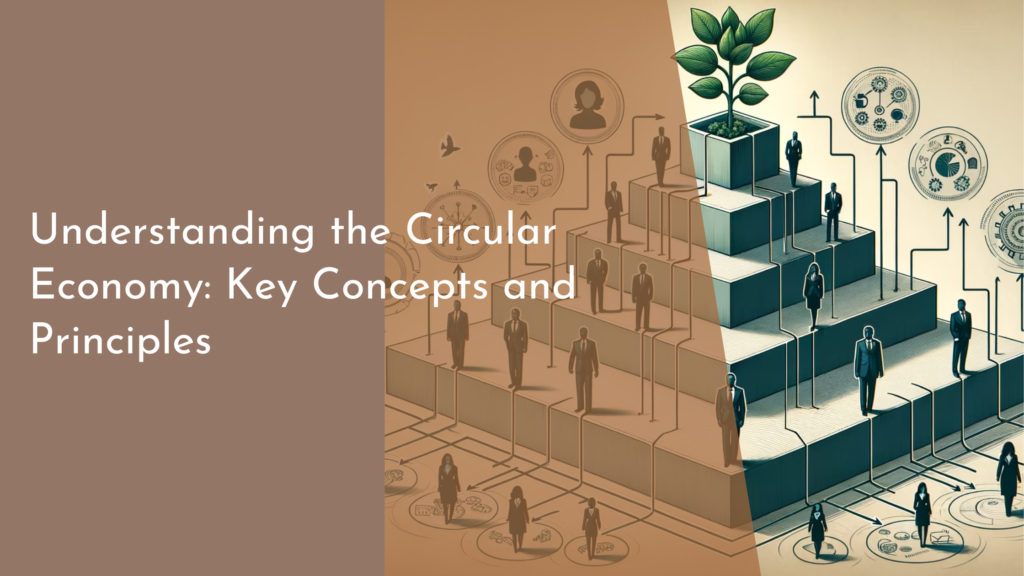The Role of Rainwater Harvesting in Pest Control
Rainwater harvesting is gaining traction as an eco-friendly practice that not only conserves water but also supports garden health and pest control. This age-old technique involves collecting and storing rainwater for later use in irrigation, sanitation, and other purposes. As we delve into the world of rainwater harvesting, we’ll uncover its pivotal role in managing pests effectively while promoting a thriving garden ecosystem. Let’s explore how this practice can become your ally in pest control!
Discovering Rainwater Harvesting: A Pest Control Ally!
Rainwater harvesting is more than just a sustainable practice; it offers a unique advantage in pest control strategies. By capturing rainwater from rooftops and other surfaces, gardeners can create a reliable source of water that minimizes dependence on municipal supplies and reduces the risks associated with waterborne pests. When implemented thoughtfully, this technique can serve as a proactive measure to combat pests that thrive in stagnant water, creating a healthier environment for plants and gardeners alike.
Moreover, harvesting rainwater encourages a more holistic approach to gardening that aligns with natural processes. When rainwater is used instead of treated tap water, it contains fewer chemicals, promoting beneficial microbes in the soil. This not only supports plant health but also helps in repelling pests that are attracted to chemically treated environments. Embracing rainwater harvesting can, therefore, be viewed as a joyful step towards a more sustainable, pest-resistant garden!
How Rainwater Harvesting Reduces Pest Breeding Habitats
One of the significant benefits of rainwater harvesting is its ability to minimize potential mosquito breeding sites. Mosquitoes thrive in stagnant water, which is often found in poorly managed drainage systems or leftover containers. By collecting rainwater in a controlled manner—such as in barrels with lids or tanks—gardeners can reduce open water sources that attract these pests. Eliminating these breeding habitats is crucial in managing mosquito populations and reducing the spread of diseases associated with them.
Additionally, rainwater harvesting allows for better water management in your garden. By directing rainwater towards areas of high water usage or plant need, you can avoid the accumulation of standing water that creates a breeding ground for various pests. This kind of proactive management creates a robust barrier against pest infestations, contributing to a healthier and more enjoyable outdoor space where plants can flourish without the constant threat of pest-related issues.
The Benefits of Using Rainwater for Your Garden Health
Using harvested rainwater can significantly enhance the overall health of your garden. Rainwater is naturally soft and free from harsh chemicals like chlorine and fluoride commonly found in tap water. These qualities support optimal plant growth, allowing roots to absorb nutrients more effectively. Healthier plants are more resilient and can better withstand pest attacks, creating a virtuous cycle where the garden thrives with less intervention.
In addition to promoting plant health, utilizing rainwater encourages biodiversity within your garden. A diverse garden ecosystem attracts beneficial insects and wildlife that naturally keep pest populations in check. By creating a welcoming environment through the use of rainwater, gardeners can foster a balanced ecosystem where pests are managed by nature, reducing the need for chemical pest control methods and enhancing the overall appeal of outdoor spaces.
Embrace Sustainable Practices: Rainwater and Pest Management
Embracing rainwater harvesting as part of your gardening practices is a fantastic way to merge sustainable living with effective pest management. By reducing reliance on chemical treatments, you not only contribute to environmental conservation but also cultivate a garden that is safer for children, pets, and beneficial insects. This thoughtful approach allows gardeners to enjoy their space without fear of chemical exposure, promoting a healthier lifestyle.
Furthermore, integrating rainwater harvesting with other sustainable practices—such as composting and organic gardening—can create a harmonious environment that repels pests naturally. By harnessing the power of nature, gardeners can implement holistic pest management strategies that emphasize prevention rather than reaction. Embracing rainwater harvesting opens the door to a world of eco-friendly gardening, where every drop counts and every plant thrives!
In conclusion, rainwater harvesting emerges as a delightful ally in the battle against pests while fostering a vibrant and sustainable garden. From reducing breeding habitats to enhancing soil health, this practice offers a multitude of benefits that go beyond mere water conservation. By embracing rainwater harvesting, you empower yourself to create a thriving outdoor space that celebrates nature and minimizes your ecological footprint. So grab those barrels, catch the rain, and watch your garden flourish while keeping pests at bay!

